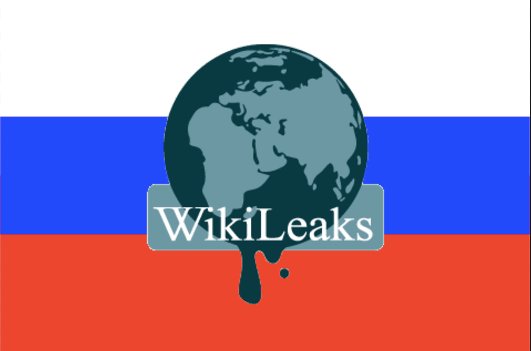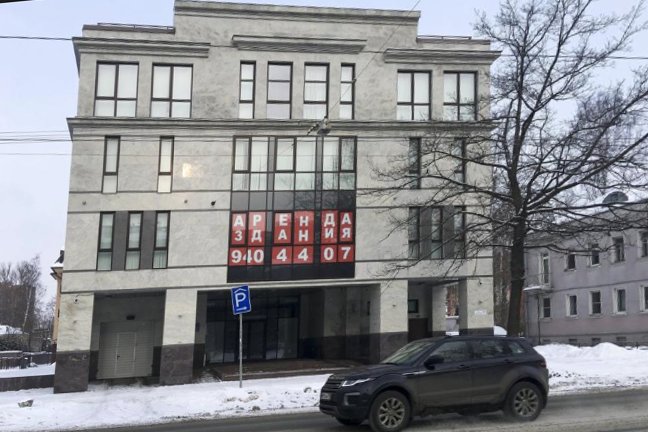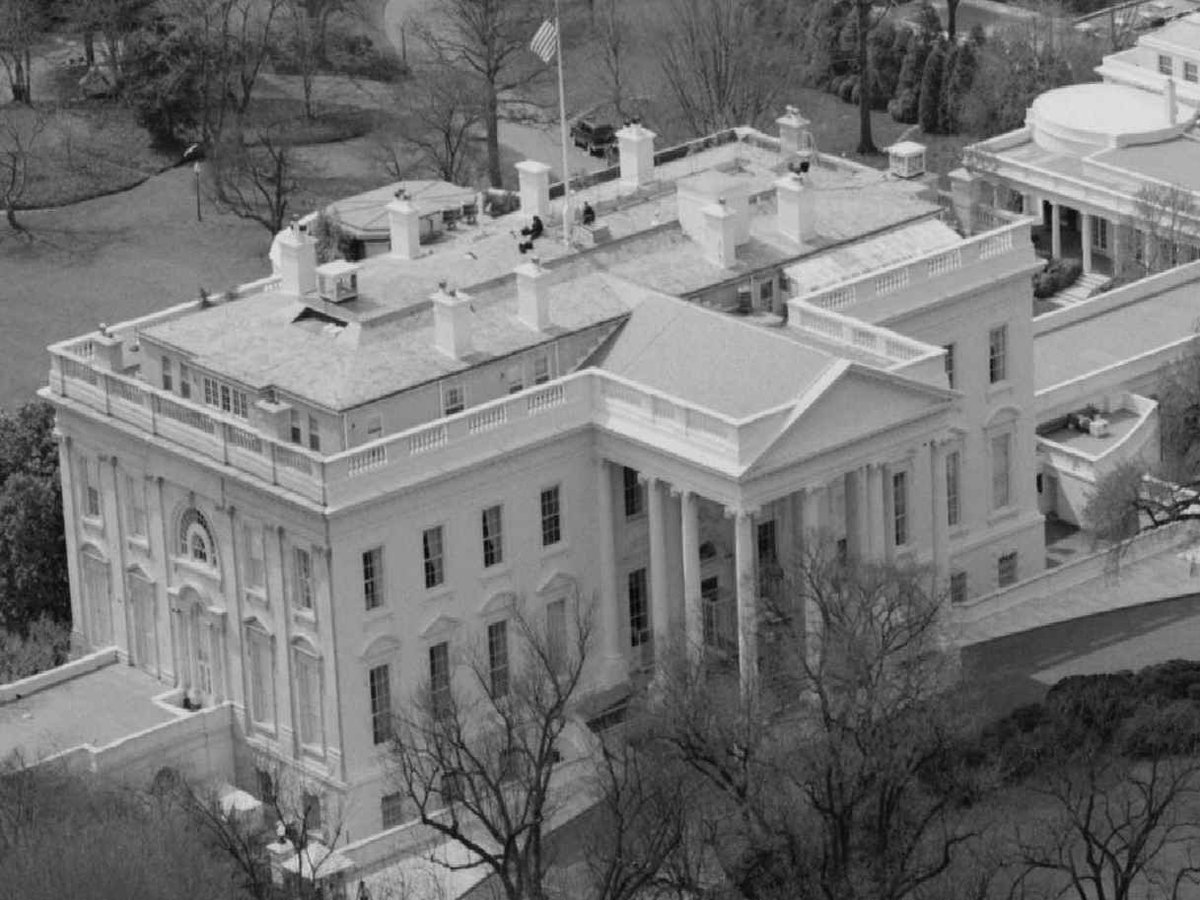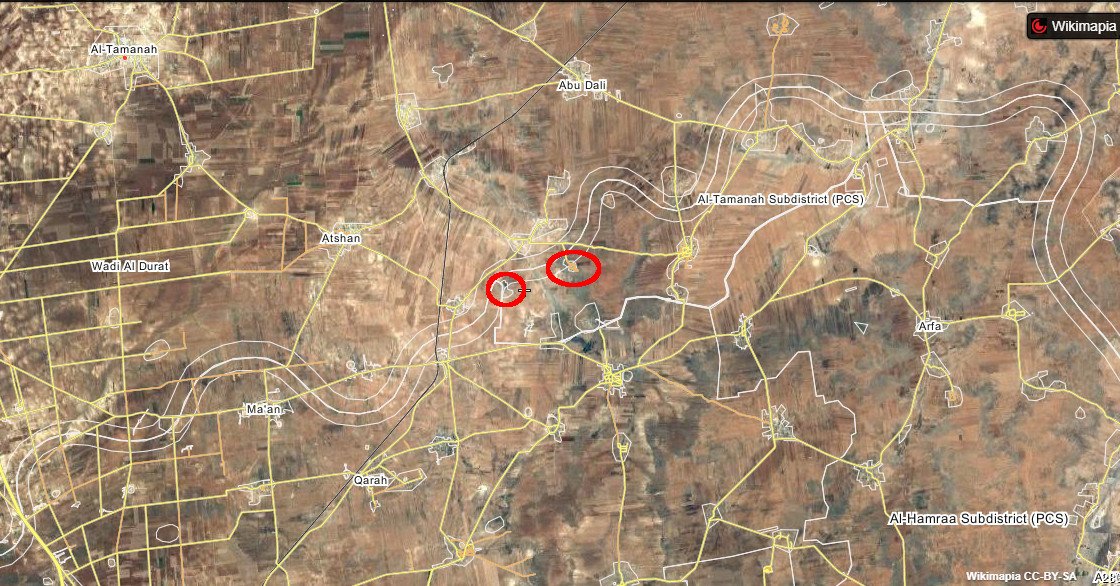Today we'll be discussing the major events following the 1953 self-government crisis that almost led to the secession of Northern Nigeria and resulted in the fatal Kano inter-ethnic riots.
"The Hausa and Fulani of the North, Muslims and warriors, with the dignity, courtly manners, high bearing and conservative outlook which democracy and the Daily Mirror have not yet debased; and the Yoruba West















